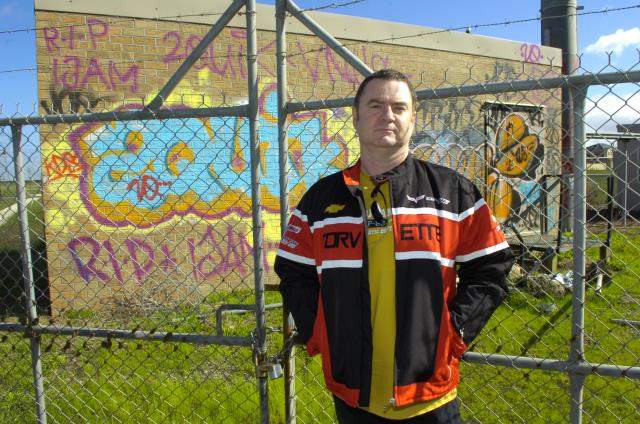By Matthew Sims
Former Casey councillor Steve Beardon has questioned the need for councils to cover the legal fees for councillors before court or other legal investigations and called for councils to restrict any and all meetings between councillors and developers without senior council staff present, as the impact of IBAC’s Operation Sandon report.
It follows the tabling of IBAC’s Operation Sandon special report in Parliament on Thursday 27 July.
The investigation centred on four planning proposals involving John Woodman and his clients, including one to rezone land in Cranbourne West as residential to increase its value.
IBAC found former Casey mayors Sam Aziz and Geoff Ablett accepted more than $1.15 million in payments and in-kind support for promoting developer John Woodman or his clients’ interests on council.
Under state law, IBAC is barred from publicly stating people engaged in criminal, corrupt conduct.
However, the anti-corruption watchdog is able to refer alleged criminality to the Office of Public Prosecutions, which would decide whether to pursue charges.
Casey Council corporate governance manager Chloe Casey said the council had an excess payment of $10,000 to cover the legal fees of former councillors, but ultimately it was the decision of the insurer.
“Under the Local Government Act 1989 , Section 76, Indemnity provisions, council is required to cover the legal fees of former councillors, provided they carried out their roles and responsibilities as a councillor in good faith,” she said.
“Council’s insurer will not cover the legal fees if a former councillor is found to not have acted in good faith.
“It will be up to the individual former councillor to cover their own legal costs.”
Casey Council did not name any councillors which received financial support, if any, as part of the Operation Sandon inquiry nor how much they received.
Mr Beardon resigned during his second term in March 2017 and said councillors have a number of ways to seek advice or bring up an issue concerning conflicts of interest or other legal breaches, including speaking with the chief executive, raising issues at weekly briefings or calling a special briefing.
“Councillors govern under legislated guidelines and (are) educated extensively upon their election on their legal parameters,” he said.
“Should a councillor stray outside of these guidelines, the onus needs fall back upon the individual councillor to justify.
“Councillors also have senior staff to call on, and advise individually, and collectively on planning or any issue before council, as well as the Victorian Local Governance Association to call upon on any advice needed procedurally.”
Mr Beardon said legal representation paid by councils needed to be capped.
“Councillors found to have purposely conspired to seek personal gain or similar outside of legislative responsibility need be responsible for all their legal fees.
“At the end of the day, legislation needs be changed to empower council chief executives to have the authority to report any suspected breaches by councillors.
“Cost recovery also needs be sought and guaranteed by a councillor or councillors should a councillor be found to have breached legislation.”
Mr Beardon said the function of councillors was to seek planning and legal advice and set strategic direction based on said advice.
“Councils employ highly educated, experienced and knowledgeable staff,” he said.
“Councillors should never invite or attend meetings with developers, or outside interests, without the presence of senior council staff.
“This is or should be standard protocol.”
Mr Beardon said the community deserved to know how much money was being spent on legal costs defending former councillors.
“A question ratepayers need to ask of Casey council is: how much have sacked councillors collectively cost ratepayers for their legal representation to date, and how much are any further legal expenses estimated to cost ratepayers, now that IBAC has been reported as having referred evidence from its report to the DPP?”
Speaking about the circumstances, decisions and actions which were detailed in the Operation Sandon report, Mr Beardon said he was “terribly disappointed”.
“Elected representatives should never forget it is the community we serve,” he said.
“Public service is, or was once, viewed as honourable.
“Elected representatives were once revered, now communities everywhere search for integrity in politics.
“We need a stronger IBAC to police integrity.”







